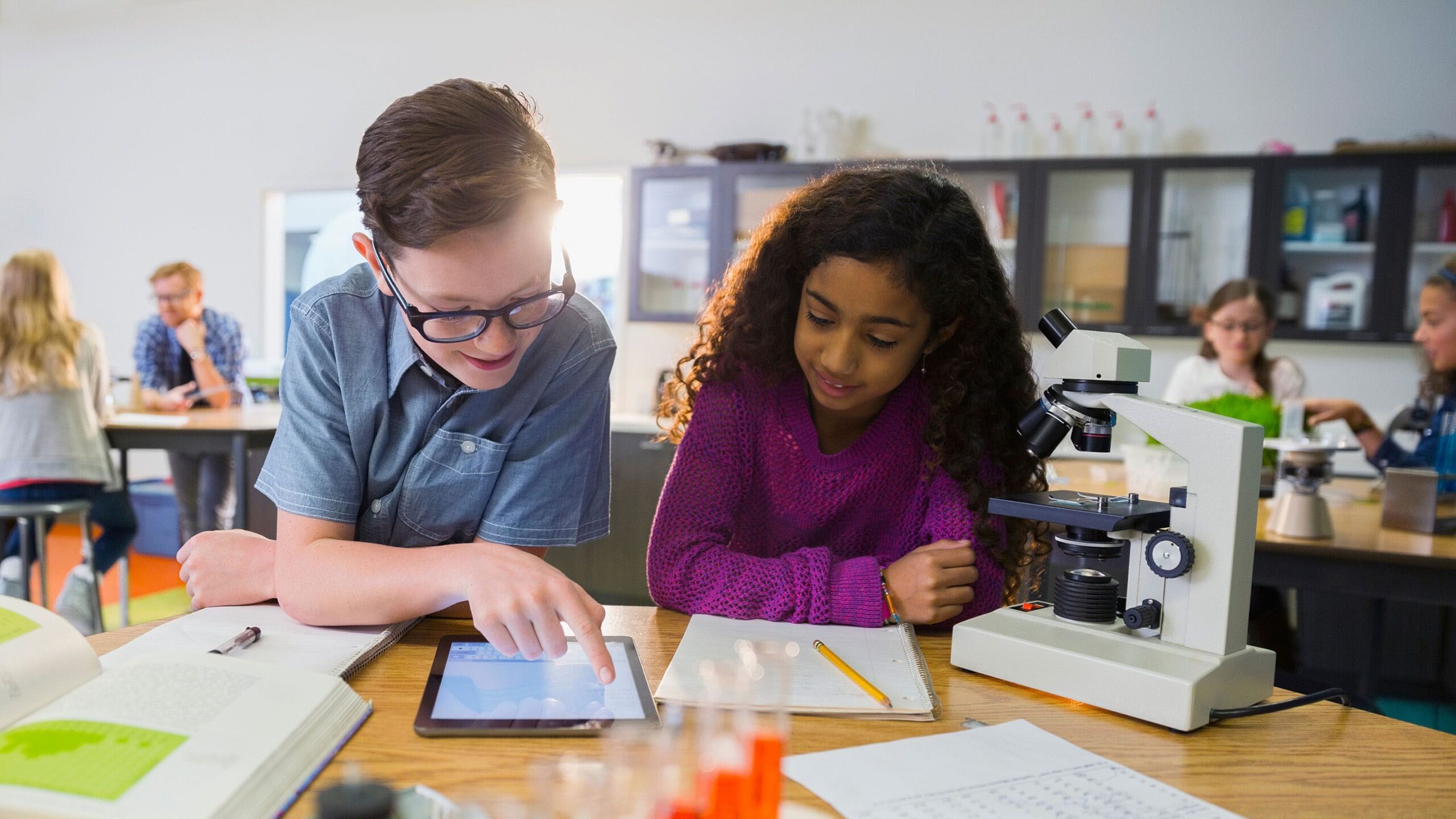“Online Learning: Transforming Education Culture in the Digital Age”

Introduction:
“Online Learning: Transforming Education Culture in the Digital Age” The evolution of technology has significantly impacted various aspects of our lives, and education is no exception. With the advent of the internet and digital technologies, online learning has emerged as a powerful force reshaping the education landscape. This transformation brings about changes not only in the way students learn but also in the overall education culture. This essay explores the profound impact of online learning on traditional education culture, analyzing its advantages, challenges, and future.
Online Learning: A Paradigm Shift in Education Culture
- Definition and scope of online learning
- Comparison between traditional and online learning methods
- How online learning challenges traditional education norms
Online Learning Advantages:
- Accessibility and flexibility: Breaking barriers to time and space
- Personalized learning: Tailoring education to individual needs
- Diverse learning opportunities: Access to courses and resources worldwide
- Enhanced engagement: Interactive multimedia and gamified learning experiences
Challenges in Online Learning:
- Digital divide: Disparities in Internet access and technology
- Lack of social interaction: Impact on collaborative and interpersonal skills
- Maintaining discipline and motivation: Self-directed learning demands
- Quality assurance: Ensure online education’s credibility and effectiveness
Online Learning and Education Culture:
- Redefining educators’ role: facilitators in the digital realm
- Fostering a culture of continuous learning: Lifelong learning in the digital age
- Cultivating digital literacy: Navigating online information
- Embracing diverse perspectives: Global collaboration and cultural exchange
Future Trends and Innovations in Online Learning:
- Artificial intelligence and machine learning: Personalized learning experiences
- Virtual and augmented reality: Immersive learning environments
- Blockchain technology: Credentialing and verification of online degrees
- Gamification and social learning: Enhancing engagement and collaboration
Online Learning Impact on Traditional Educational Institutions:
- Blended learning models: Integrating online and offline education
- Adaptation and innovation: How traditional schools incorporate online elements
- Challenges faced by traditional institutions: Competition and evolving student expectations
Conclusion:
The rise of online learning is reshaping education culture, challenging traditional norms, and fostering continuous learning. As we move into this digital age, educators, institutions, and policymakers must embrace the opportunities presented by online learning. This is while addressing its challenges. By doing so, we can create a balanced and inclusive education culture that prepares students for the complexities of the modern world.
“Online Learning and Its Impact on Education Culture
Introduction:
Online learning has witnessed exponential growth in recent years, transforming the landscape of education and reshaping the learning culture. With the advent of digital technology and the internet, traditional educational approaches have evolved to accommodate online platforms and virtual classrooms. This shift has not only provided students and learners with unprecedented access to education but also brought about significant changes in the education culture. We will delve into the intricacies of online learning and explore its impact on education culture.
The Evolution of Online Learning:
The first section of this essay explores the evolution of online learning from its inception to its current state. We will discuss the development of online education platforms, the role of technology, and the pedagogical approaches that have emerged to facilitate effective online learning.
Accessibility and inclusiveness:
Online learning has significantly improved access to education, breaking down geographical barriers and expanding opportunities for students of all backgrounds. In this section, we will delve into the accessibility and inclusivity aspects of online education, highlighting its impact on education culture.
Changing learning environments:
Online learning has challenged the traditional classroom setting, leading to a shift in learning environments. We will discuss how transitioning from physical classrooms to virtual spaces has affected education culture, including student-teacher interaction and peer-to-peer engagement.
Personalized learning:
One of the critical advantages of online learning is its personalized education potential. Learners can tailor their learning experiences to suit their individual needs and preferences. This section will explore how personalized learning has influenced education culture and how it caters to diverse learning styles.
The Role of Online Communities:
Online learning has created virtual communities where students and educators can connect, share knowledge, and collaborate. We will examine the role of online communities in fostering a sense of belonging and a collective learning culture.
Assessment and evaluation:
Online assessment methods have evolved to match digital learning environments. We will discuss how assessment practices have adapted to online learning and how these changes have impacted educational achievement recognition and valuation.
Challenges and Concerns:
No educational shift is without its challenges and concerns. In this section, we will address issues such as digital inequality, student engagement, and academic integrity. We will also discuss how these factors influence education culture in an online context.
The Future of Online Learning:
Online learning continues to evolve, and its future remains promising. We will speculate on potential developments and innovations in online education and how they may further transform the learning culture.
Online and Offline Learning Integration:
As online learning becomes more ingrained in education, it is increasingly integrated with traditional offline learning. We will explore how the blending of these two modes of education impacts learning culture.
Conclusion:
This essay will conclude by summarizing the key points discussed and reflecting on the lasting impact of online learning on education culture. We will consider the opportunities and challenges ahead as we embrace the digital age in education.

Leave a Comment